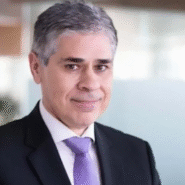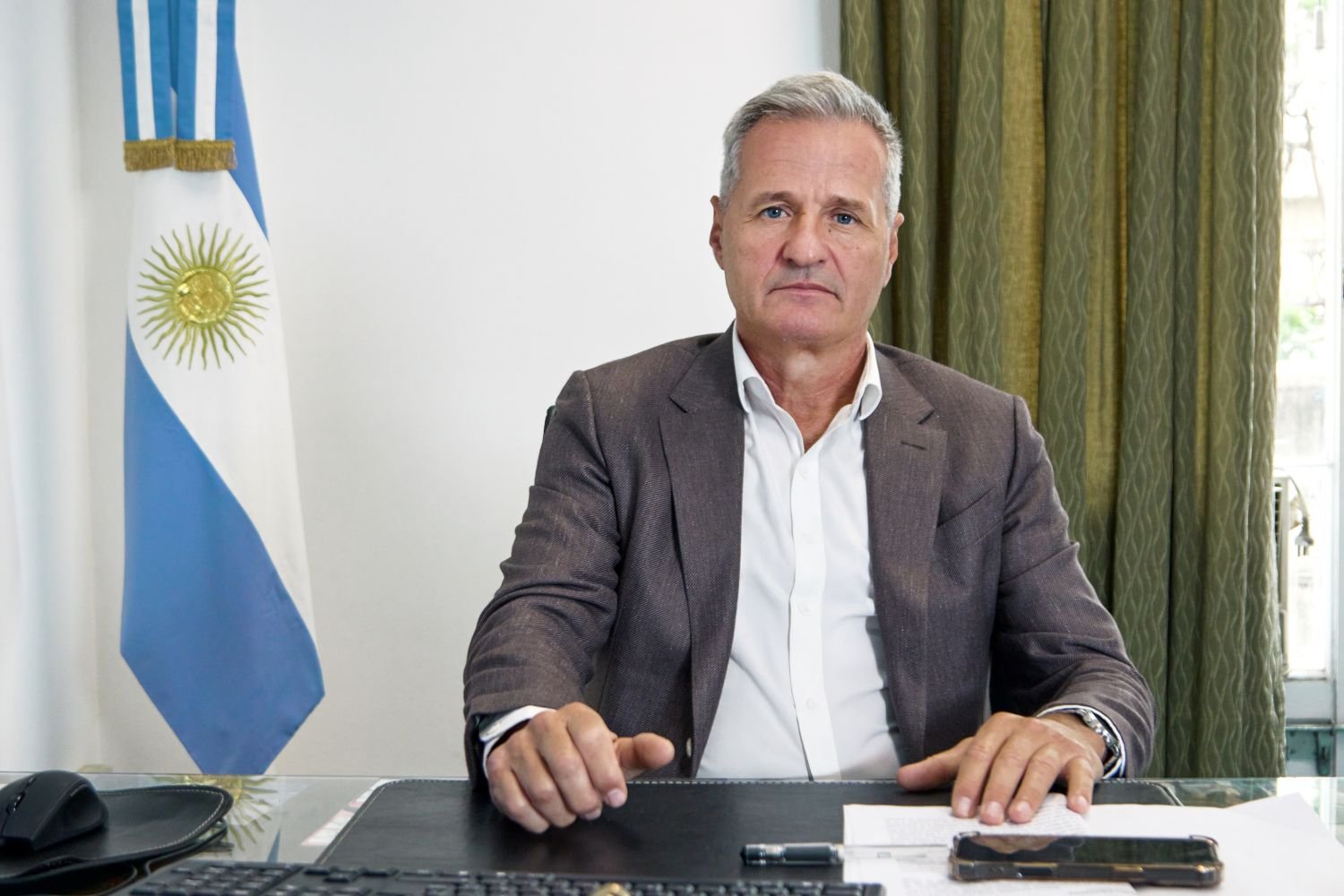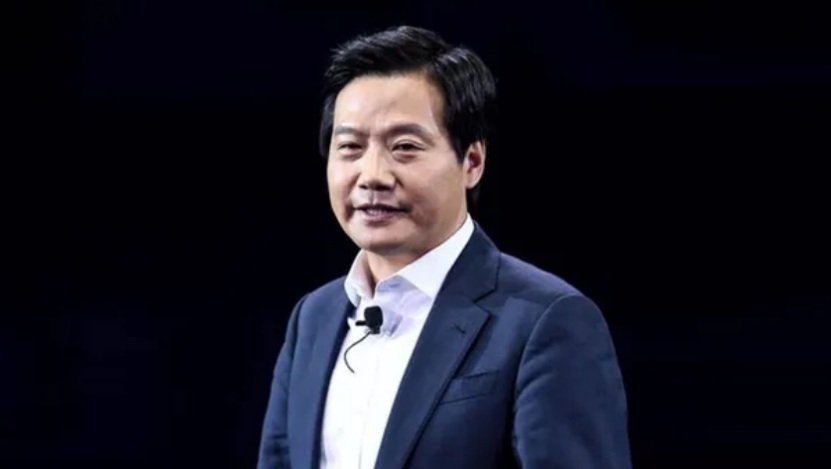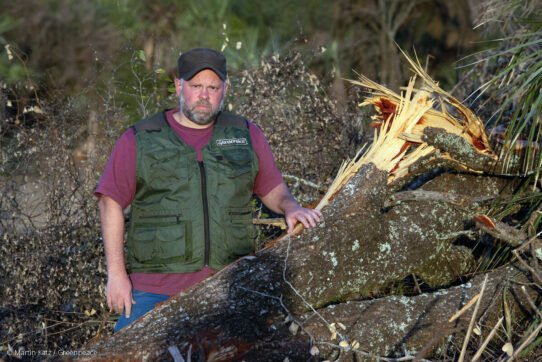Ramiro González is a federal prosecutor of Argentina and currently serves as head of Federal Prosecutor’s Office No. 1 in Buenos Aires —with criminal and electoral jurisdiction nationwide before the National Electoral Chamber— as well as Federal Prosecutor’s Office No. 7, with criminal jurisdiction. He also leads the Environmental Investigation Prosecutor’s Unit (UFIMA), which operates nationwide. González has more than four decades of experience in the Judiciary, handling cases of institutional, criminal, and environmental significance.
He has led investigations into large-scale drug trafficking, such as the transnational trafficking of marijuana from Paraguay that resulted in seizures exceeding 13 tons of drugs. He also directed investigations into criminal operations within the federal penitentiary system, such as a case that occurred in the Devoto prison complex, where 49 accused individuals were sent to trial after the seizure of drugs, weapons, and adulterated security items.
In matters of human trafficking, he has directed processes against organized networks that recruited and subjected minors for sexual exploitation in the City of Buenos Aires. Likewise, he intervened in multiple cases of extortionate kidnappings, succeeding in rescuing numerous victims in various points of the southern area of the Buenos Aires Metropolitan Area (AMBA).
His actions also reached resonant cases of corruption and financial fraud. Among them, the indictment of directivos of CONMEBOL (acronym for South American Football Confederation) for money laundering linked to broadcasting rights.
An integral part of FIFA, it is an organization founded in 1916, which is responsible for organizing football throughout South America, including the responsibility for organizing the main tournaments in South America, such as the Copa América, the Copa Libertadores, the Copa Sudamericana, and the Recopa Sudamericana.
He was also in charge of the investigation into a multimillion-dollar fraud against the Mercado Libre company, and actively participated in the investigation that later led to the prosecution of those responsible for the so-called «Once tragedy,» in which members of the company concessionaire of the railway service were investigated for fraudulent administration.
The “Once tragedy” was a railway accident that took place in the City of Buenos Aires, in 2012, when a train from the Sarmiento line, operated by the company Trenes de Buenos Aires (TBA), failed to stop upon reaching the Once de Septiembre terminal station, violently colliding against the containment bumpers of the second platform number 2.
As a consequence of the impact, 52 people died, and almost 800 others were injured. The judicial investigation and subsequent trials determined that the tragedy was a consequence of a combination of factors, mainly the lack of maintenance of the trains and corruption in the administration of the railway company, resulting in the conviction of company executives and two former National Transport Secretaries to prison sentences.
In another line of work, in the environmental area, through UFIMA he has promoted cases that also led to convictions for water and soil contamination, as in the case of the clandestine landfill known as «La Quema» on Ruta 9, or for industrial discharges into streams of the Matanza-Riachuelo basin. Also, as a result of his investigations, convictions were obtained for aggravated smuggling of hazardous waste carried out through false documentation, in violation of Law N.º 24.051 and the Basel Convention.
His focus on human rights has been manifested in promoting the prosecution in Argentina of crimes committed during Francoism and the last military dictatorship, as well as in the defense of freedom of expression against complaints presented by officials against journalists. In gender matters, he has promoted a transversal approach that contemplates from cases of trafficking of women to situations of institutional violence.
What is the role of a federal prosecutor in the Argentine judicial system?
In the judicial system of Argentina, the federal prosecutor plays a technical and autonomous role within the
Public Prosecutor’s Office of the Nation, a figure whose normative framework is delineated by Article 120 of the National Constitution and Organic Law N.º 27.148. Their main task is to promote public criminal action for the commission of acts that constitute or have the potential to constitute federal crimes. This implies that they act as a representative of the public interest within the framework of a fair trial, ensuring the legality of the entire process. Their action is governed by principles of objectivity, legality, and institutional responsibility. The trajectory and functions of Prosecutor
Ramiro González serve as a practical reference for understanding what this function concretely consists of.
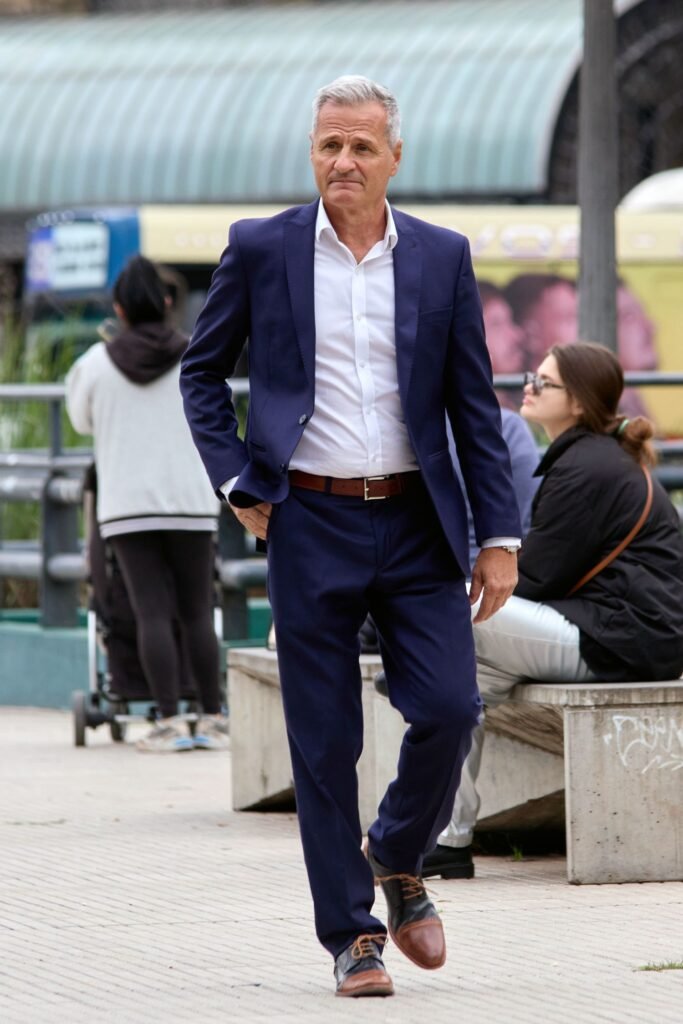
What type of crimes does he investigate and how?
The competence of the federal criminal jurisdiction, in which the prosecutor acts, is activated in the face of crimes that affect collective legal assets, involve the national public administration, or have an impact that transcends provincial jurisdictions. Among the most common crimes of this competence are drug trafficking, money laundering, corruption, smuggling, human trafficking, and threats against State institutions. To investigate them, the federal prosecutor has the functional direction of the security forces. They can, for example, request the competent judge to carry out raids, detentions, technical expert opinions, asset reports, or telephone interceptions. Their objective is to gather lawful and sufficient evidence to be able to formulate an accusation hypothesis with a solid legal and factual basis. Otherwise, if sufficient evidence is not found about the commission of a crime, or if the crime existed but could not be effectively imputed to a specific person, the investigation is closed and the dismissal -or lack of merit- of the eventual defendants is ordered.
What is the fundamental difference between a federal prosecutor and a federal judge?
This distinction is central in the justice administration system, their roles being very different. Although both ensure the common good and are responsible for respecting the law, and in the case of federal ones, both act in the extraordinary jurisdiction (as opposed to the ordinary, where common crimes are prosecuted), the federal prosecutor does not possess “jurisdictio”, that is, the power of jurisdictional decision. In other words, they are not the one who judges a fact or issues sentences.
Thus, their function is not to resolve on the guilt or innocence of a defendant, but to push the criminal process from the investigation of the facts, ordering the process to the determination of a possible culprit, and formulate the accusation when they consider that there is evidence for it. The final decision on the case rests exclusively with the judges, federal if the crime that is pursued and investigated has that “federal” character.
In this sense, a crime will be “federal” when it directly affects interests of the National State. Examples of this are drug trafficking, smuggling, human trafficking, currency counterfeiting, etc.. On the contrary, it will be “common” or “ordinary”, when its commission affects the interests of people or public security within a province (ej. robos, homicidios, lesiones). These crimes are investigated and judged by the ordinary courts, in their case by those of each province.
Finally, it should be highlighted that one of the fundamental pillars of the function of prosecutors is their functional autonomy. The Public Prosecutor’s Office is an independent body that does not receive instructions from the Executive Power or the Judicial Power, which guarantees that the prosecutor decides their procedural strategy solely in accordance with the law, the evidence gathered, and the general interest they represent.


